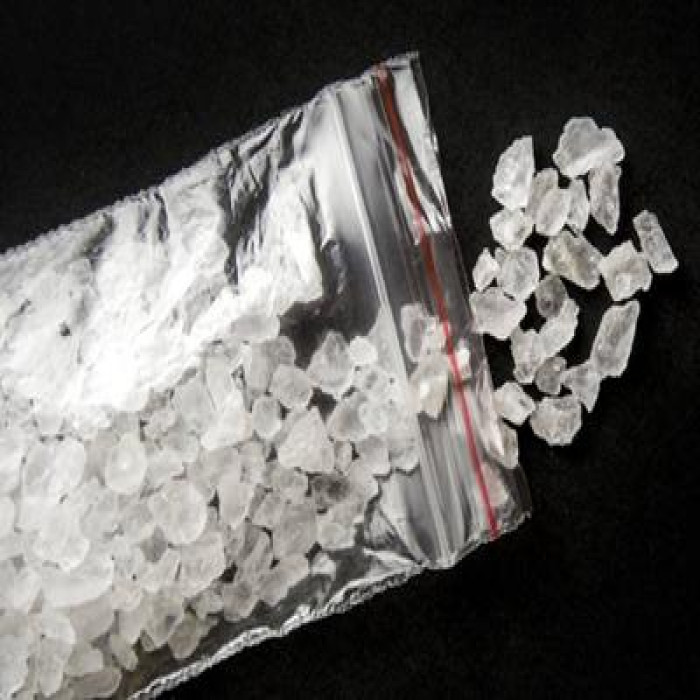
Bath salts
"Bath salts" is a term used to describe a group of synthetic drugs that have similar effects to stimulants such as amphetamines and cocaine. These drugs, also known as "designer stimulants," are sold in powder or crystal form and are often marketed as "bath salts," "plant food," or "research chemicals." They are usually consumed by snorting, smoking, or injection.
Chemical Composition
The chemical composition of bath salts can vary greatly, but they typically contain one or more of the following ingredients: methylenedioxypyrovalerone (MDPV), ephedrine, and methylene. These chemicals are structurally similar to cathinone, a stimulant found in the khat plant. Bath salts can also contain other psychoactive substances like caffeine, and other synthetic cathinone’s like flephedrone and naphyrone.
Medical Uses
Bath salts do not have any medical uses and are not approved for human consumption. They are intended for research purposes only.
Dosage and Administration
Bath salts are usually taken by snorting, smoking, or injection. The recommended dosage is not well established and it can vary greatly, but it's commonly taken at doses ranging from 20-200 mg.
Side Effects
Bath salts can cause a number of side effects, including increased heart rate, high blood pressure, agitation, paranoia, hallucinations, and delusions. They can also cause more serious side effects such as kidney failure, heart attack, and seizures. Long-term use can lead to addiction, depression, and psychosis.
Warnings and Precautions
Bath salts are illegal in many countries and banned in some states in the United States. They are not intended for human consumption and can be extremely dangerous. The use of bath salts can lead to severe health problems and in some cases, death. Individuals with a history of mental health issues or drug addiction should avoid bath salts. It is important to note that the use of bath salts is prohibited in most sports and can lead to disqualification if found in an athlete's system during a drug test.


